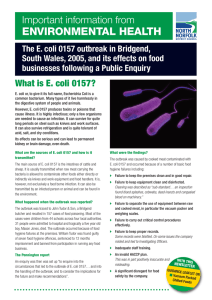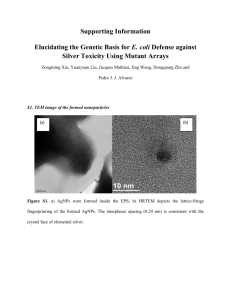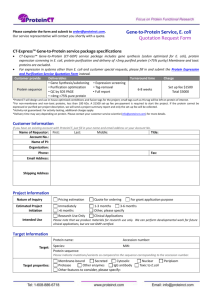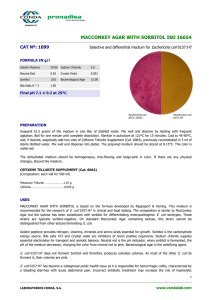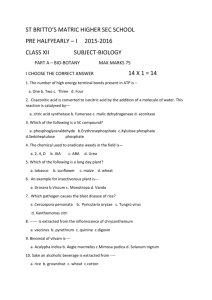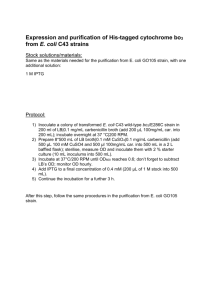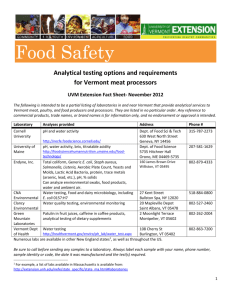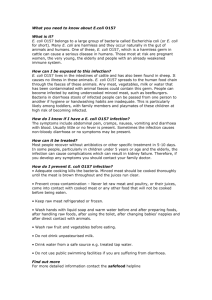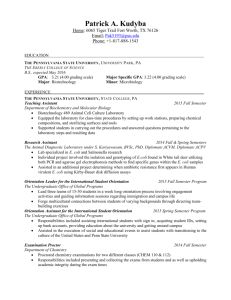E coli 0157 - Forest of Bowland
advertisement
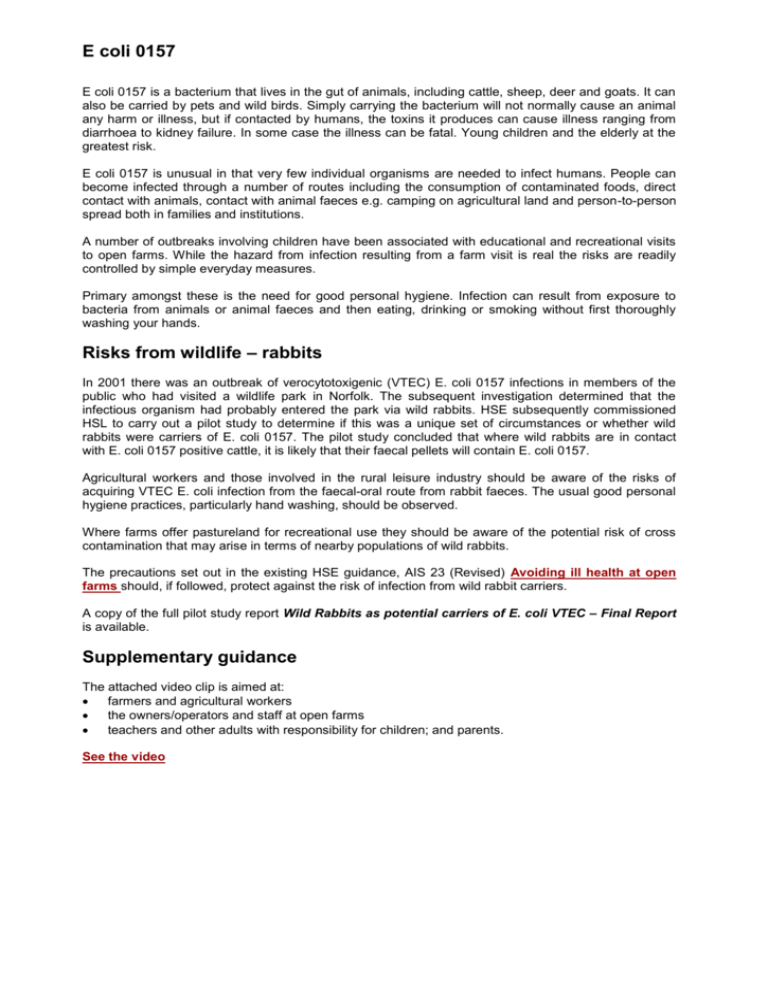
E coli 0157 E coli 0157 is a bacterium that lives in the gut of animals, including cattle, sheep, deer and goats. It can also be carried by pets and wild birds. Simply carrying the bacterium will not normally cause an animal any harm or illness, but if contacted by humans, the toxins it produces can cause illness ranging from diarrhoea to kidney failure. In some case the illness can be fatal. Young children and the elderly at the greatest risk. E coli 0157 is unusual in that very few individual organisms are needed to infect humans. People can become infected through a number of routes including the consumption of contaminated foods, direct contact with animals, contact with animal faeces e.g. camping on agricultural land and person-to-person spread both in families and institutions. A number of outbreaks involving children have been associated with educational and recreational visits to open farms. While the hazard from infection resulting from a farm visit is real the risks are readily controlled by simple everyday measures. Primary amongst these is the need for good personal hygiene. Infection can result from exposure to bacteria from animals or animal faeces and then eating, drinking or smoking without first thoroughly washing your hands. Risks from wildlife – rabbits In 2001 there was an outbreak of verocytotoxigenic (VTEC) E. coli 0157 infections in members of the public who had visited a wildlife park in Norfolk. The subsequent investigation determined that the infectious organism had probably entered the park via wild rabbits. HSE subsequently commissioned HSL to carry out a pilot study to determine if this was a unique set of circumstances or whether wild rabbits were carriers of E. coli 0157. The pilot study concluded that where wild rabbits are in contact with E. coli 0157 positive cattle, it is likely that their faecal pellets will contain E. coli 0157. Agricultural workers and those involved in the rural leisure industry should be aware of the risks of acquiring VTEC E. coli infection from the faecal-oral route from rabbit faeces. The usual good personal hygiene practices, particularly hand washing, should be observed. Where farms offer pastureland for recreational use they should be aware of the potential risk of cross contamination that may arise in terms of nearby populations of wild rabbits. The precautions set out in the existing HSE guidance, AIS 23 (Revised) Avoiding ill health at open farms should, if followed, protect against the risk of infection from wild rabbit carriers. A copy of the full pilot study report Wild Rabbits as potential carriers of E. coli VTEC – Final Report is available. Supplementary guidance The attached video clip is aimed at: farmers and agricultural workers the owners/operators and staff at open farms teachers and other adults with responsibility for children; and parents. See the video


